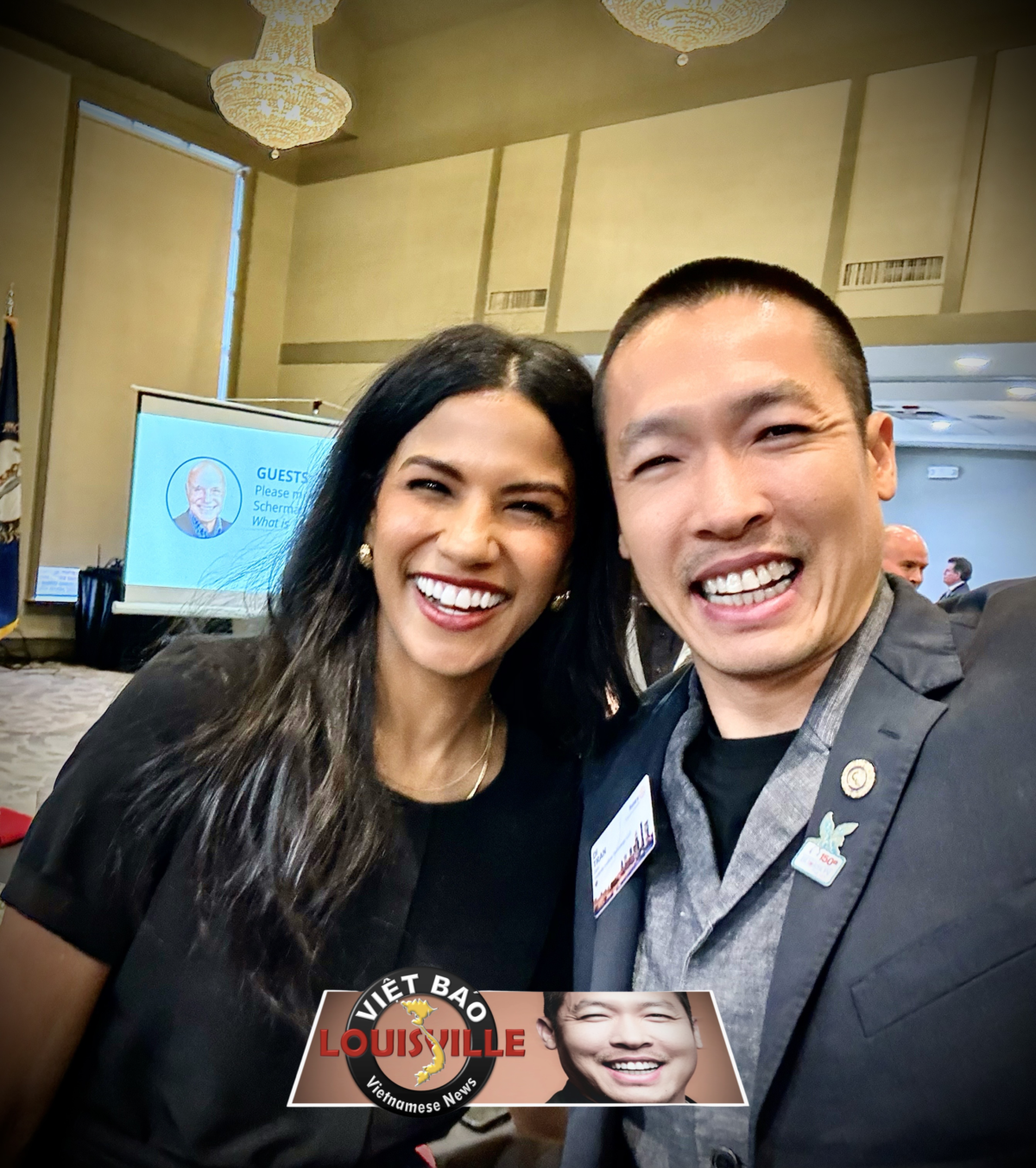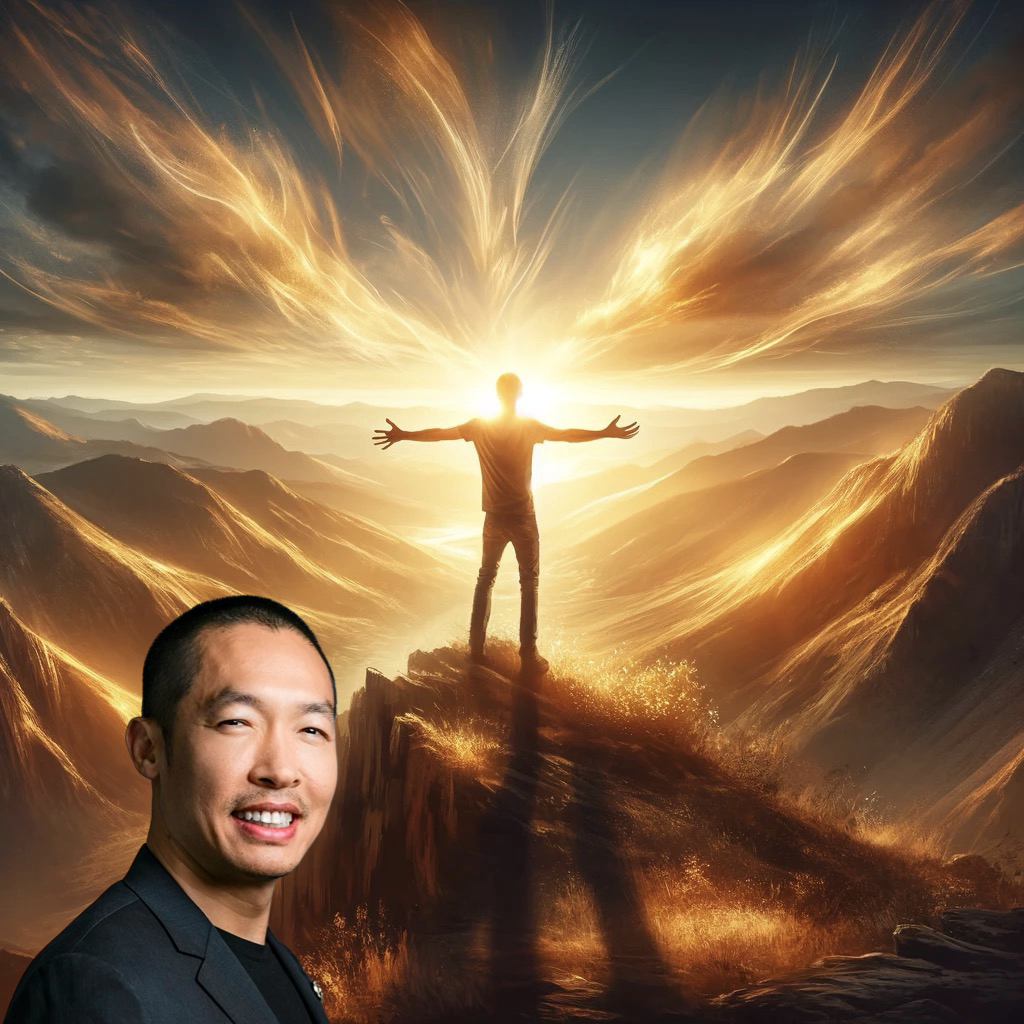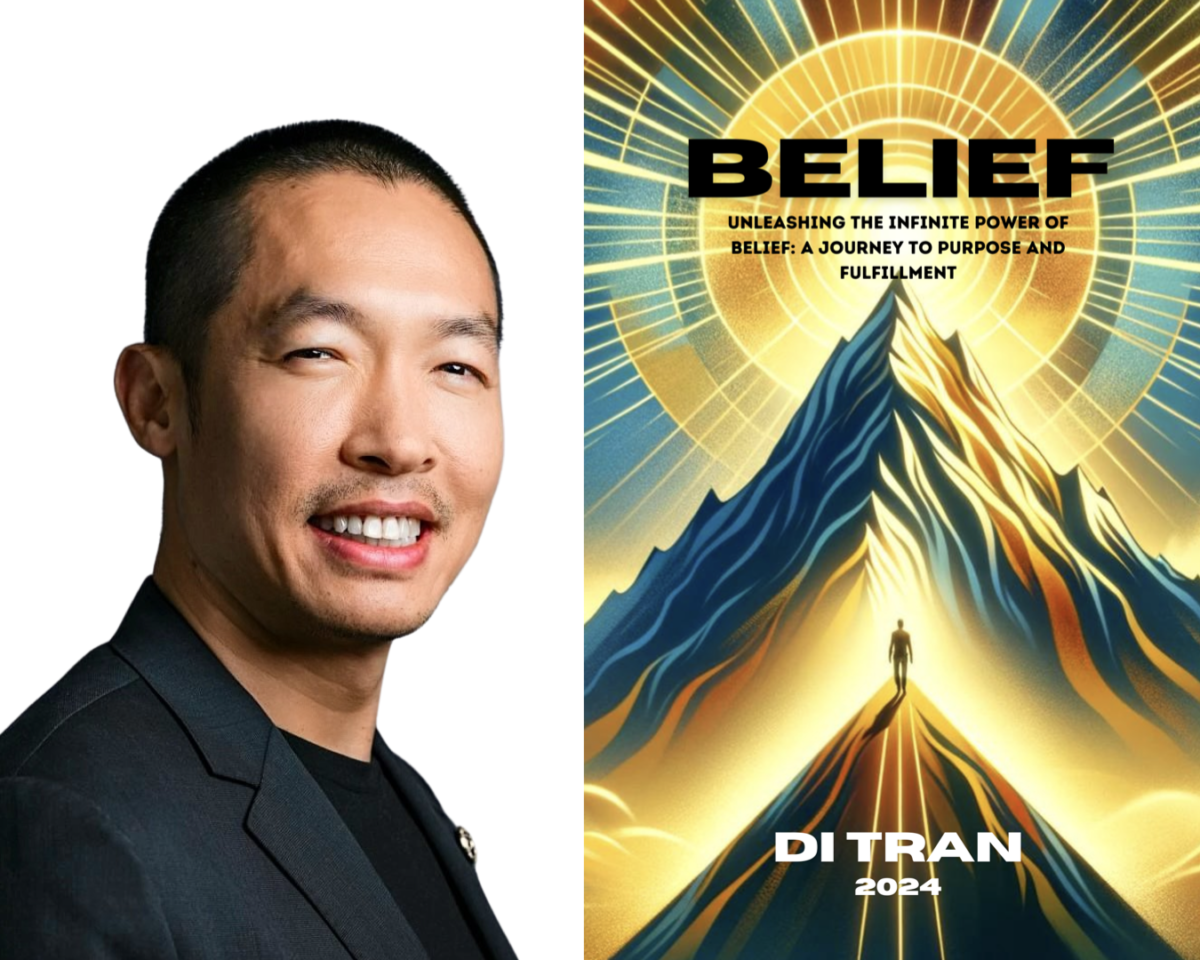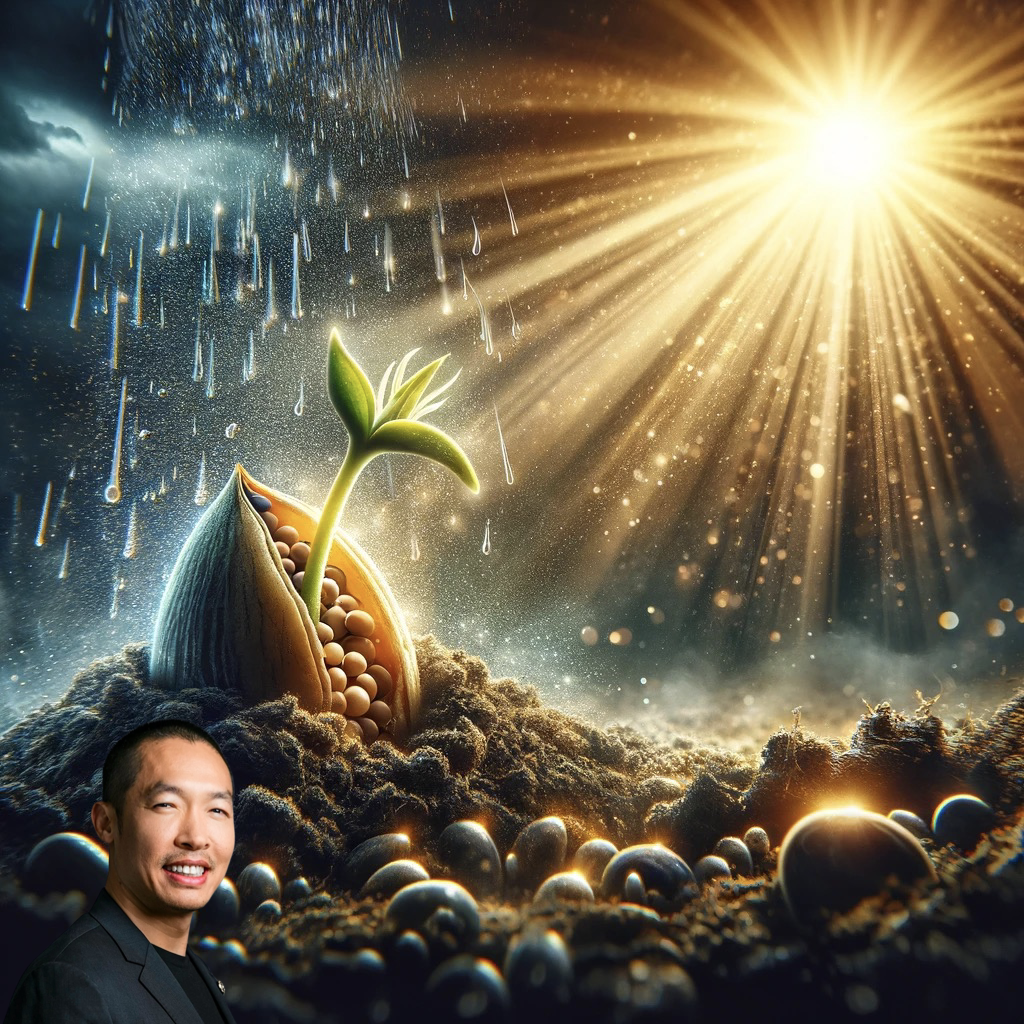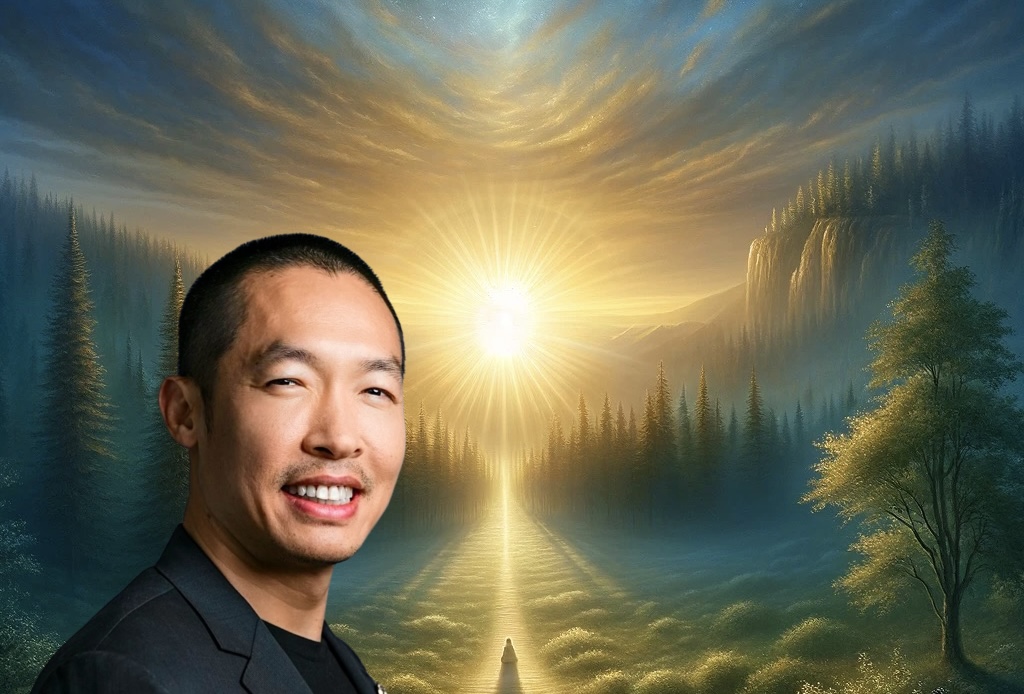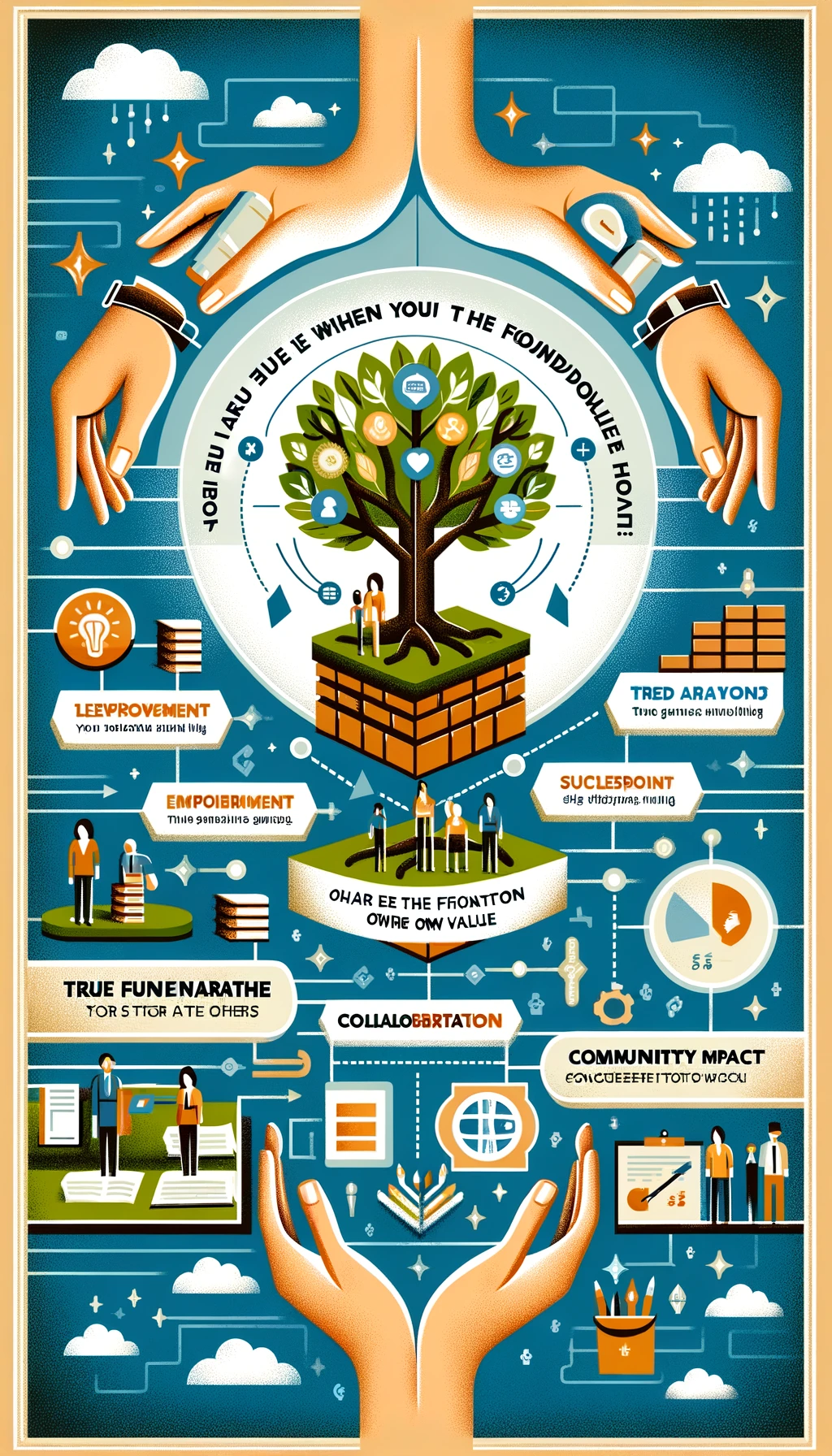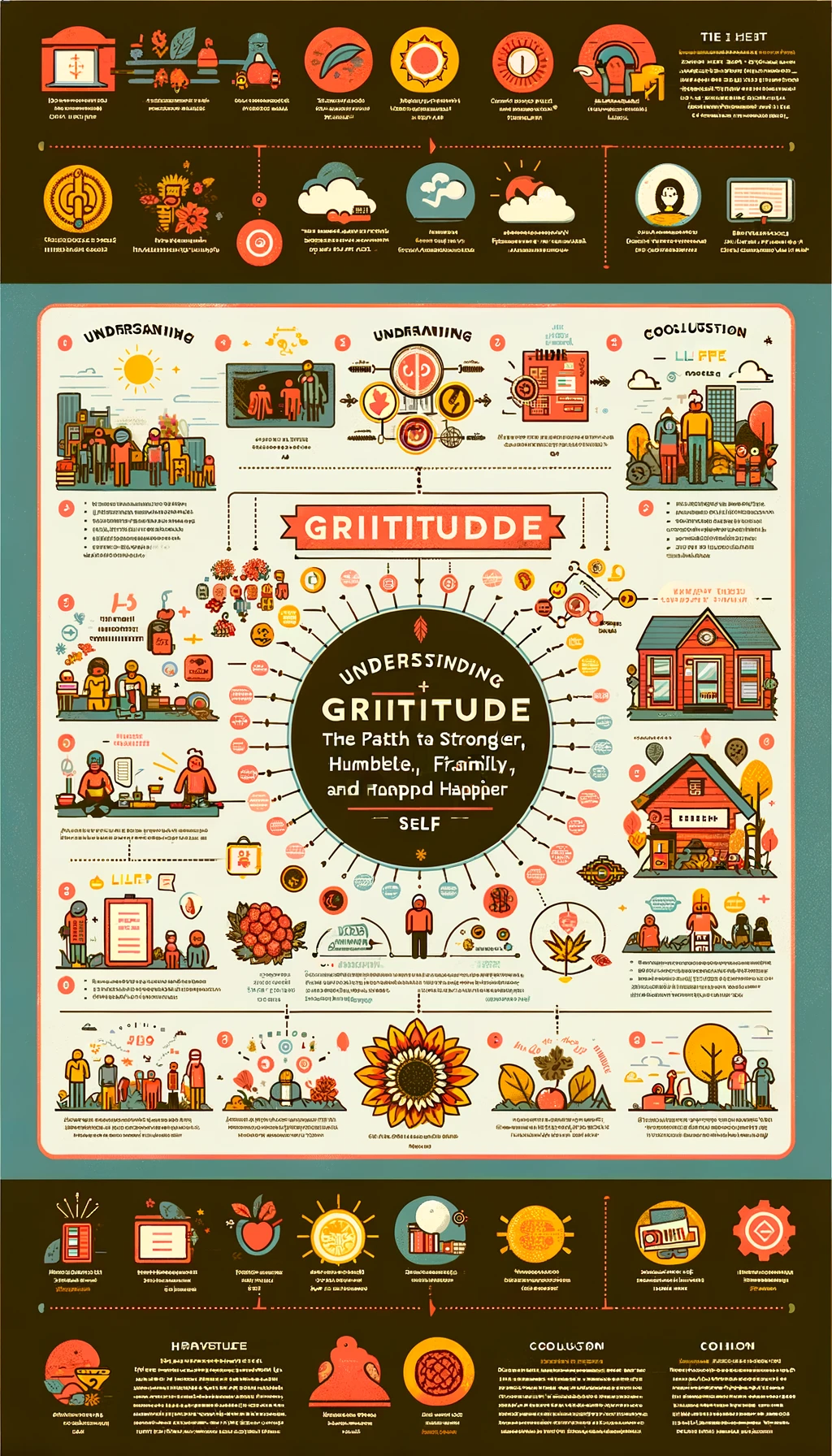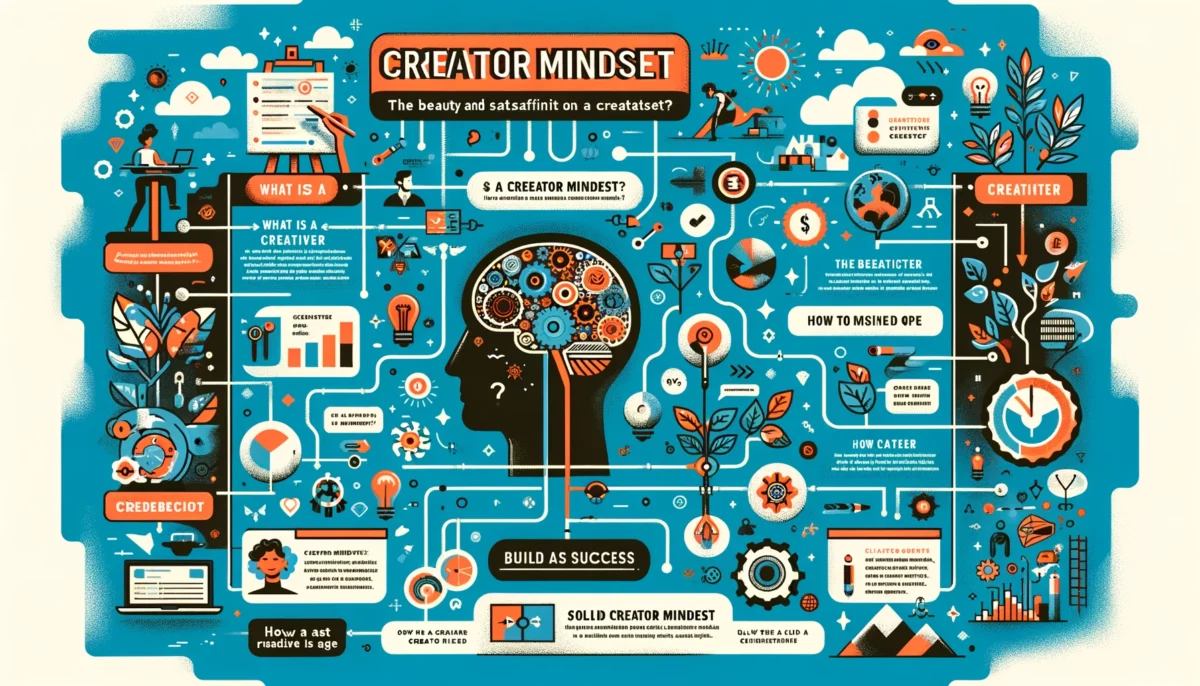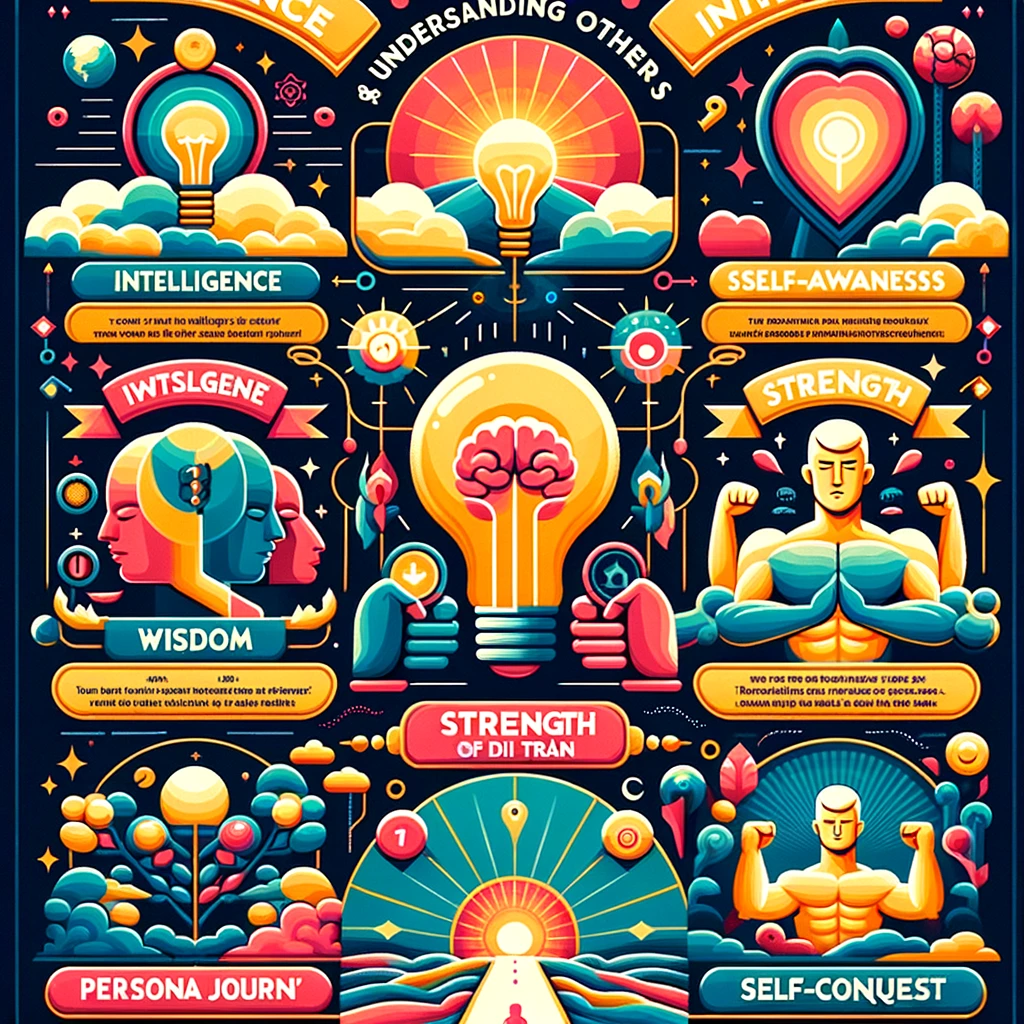In the realm of child development, the significance of theater and art often goes unrecognized. Yet, these disciplines play a crucial role in nurturing creativity, empathy, and confidence in young minds. Di Tran, an author and serial small business owner, has long been an advocate for the importance of these creative outlets in shaping successful individuals.
Recently, Tran had the opportunity to attend a presentation by Seema Sheth, Senior Vice President and Regional Executive of the Louisville Branch of the Federal Reserve Bank of St. Louis, hosted by the Rotary Club of Louisville. Sheth’s background in theater and art was evident in her captivating presentation style, which left a lasting impression on Tran.
Theater and art are more than just hobbies; they are vital tools for personal growth. Engaging in these activities allows children to explore their emotions, express themselves, and view the world from different perspectives. These experiences are instrumental in developing key life skills such as effective communication, collaboration, and critical thinking.
Moreover, the arts foster a sense of wonder and curiosity, encouraging children to embrace diversity and lifelong learning. Exposure to theater and art can lead to greater open-mindedness, adaptability, and resilience—qualities that are essential in today’s ever-changing global landscape.
Sheth’s ability to convey complex economic concepts with clarity and charm is a testament to the skills acquired through her artistic endeavors. Her presentation served as a powerful example of how theater and art can enhance one’s ability to engage and communicate with others.
The Rotary Club of Louisville’s commitment to providing enriching experiences like this presentation is commendable. It serves as a reminder of the critical role that art and theater play in not only individual development but also in the enrichment of society as a whole.
In conclusion, the impact of theater and art on child development cannot be overstated. These disciplines are not merely about producing artists or performers; they are about cultivating well-rounded individuals who are equipped to face life’s challenges with creativity and grace. As society continues to evolve, the value of nurturing these creative skills in the younger generation becomes increasingly apparent.

